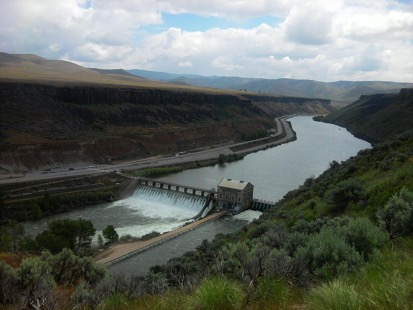Environment, Society and Culture
Description
The Environmental, Society and Culture concentration offers students a blended approach that combines disciplinary courses in social science, science, and the humanities with interdisciplinary questions such as:
What makes a community? How do communities live well in place?
What groups are most affected by environmental problems? Who is responsible? Who should make the decisions for environmental and community planning? Who should bear the costs?
What role do government, law, and policy play in prevention, management, and remediation of environmental challenges? How do local efforts relate to global systems?
How do we reconcile immediate interests with long-term challenges? Local needs with distant ones? Inequality with economic growth?
Why is it so hard to create social change on environmental issues? What roles could be played by formal and informal education, art, media, story-telling, and popular culture?
Environmental problems are complex. In this concentration, students ask broad questions about how we come to be facing environmental problems and the ethical, political, and cultural challenges they pose. Topics include social and environmental justice in food and agroecology sovereignty movements, gendered approaches to the environment, animal rights and representation, and the challenges of what it means to be an environmental educator inside and outside a classroom.
The program of study emerges from social science and humanities approaches to the environment, focusing on the ethical, political, social and cultural challenges posed by environmental problems, political organization and governance structures involved in social change, and the cultural frameworks through which environment has been understood in various periods, places, media, and aesthetic modes. Students will use problem-based learning to explore effective responses to environmental problems in contexts such as local governance, political organizing, policy development, art, media, popular culture, storytelling, and formal and informal education.
The Environment, Society and Culture concentration appeals to individuals who are community and volunteer-oriented and willing to engage as citizens and problem-solvers on the state of their lived environments. It would also appeal to active and life-long learners, educators, artists, writers, and politically active individuals. This concentration leads to work, career, community, and further study opportunities in the fields of education, public service, the charity and not-for-profit sector, law and policy development, community organizing, media and journalism, law, and the arts.
Program Structure
The Environment, Society and Culture Concentration is recommended for students in the Interdisciplinary Studies Major who are taking disciplinary courses in English, Media Studies, or Political Science. Students should ensure they have the appropriate pre-requisites for upper-year disciplinary courses. Program details for the concentration can be found here.


